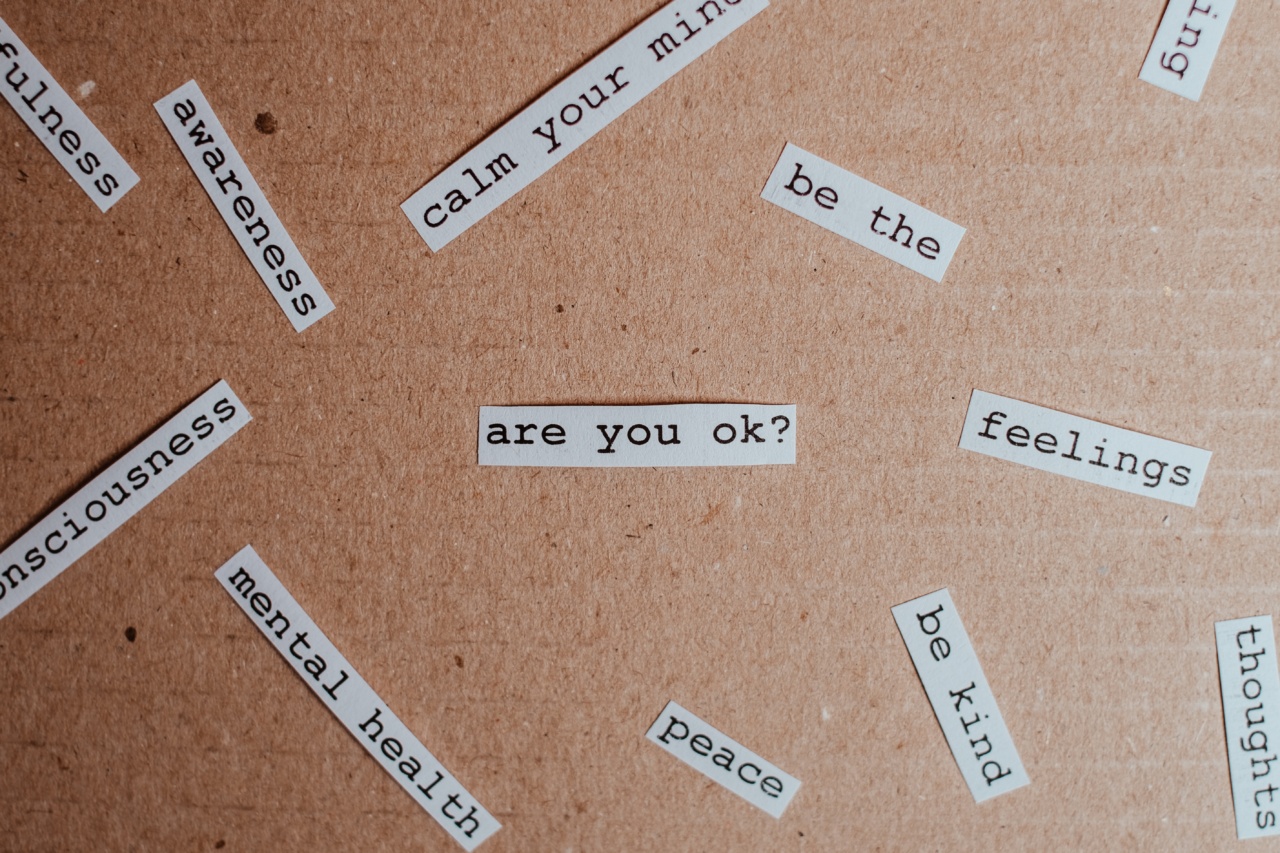Giving birth is a life-changing experience, and as a new mother, it is natural to experience a range of emotions. The postpartum period can be challenging and overwhelming, leaving many women feeling anxious and unsure of what to expect.
1. Physical Changes
After childbirth, your body undergoes a multitude of changes. You may experience fatigue, discomfort, and soreness in your abdomen, vagina, and breasts. It is essential to take good care of yourself during this period.
Take naps, eat well, and drink plenty of fluids to help your body heal faster.
2. Emotional Changes
Postpartum depression is a common condition that affects many new mothers. Symptoms may include sadness, anxiety, mood swings, and feelings of hopelessness.
If you are experiencing any of these symptoms, it is vital to speak to your healthcare provider immediately. They can provide the necessary support and guidance to help you through this phase.
3. Sleep Deprivation
Newborns need to be fed every two to three hours, which can result in a severe lack of sleep for new mothers. Sleep deprivation can cause you to feel irritable, anxious, and overwhelmed. It is essential to make sleep a priority during this period.
Get as much rest as possible, nap when your baby is sleeping, and ask for help when needed.
4. Self-Identity
Becoming a mother is a significant transition, and it can challenge your sense of self. You may feel like you have lost your identity or that you are no longer the person you once were.
It is important to remember that you are still the same person, but with new responsibilities and priorities in your life. Give yourself time to adjust and find ways to integrate your new role into your identity.
5. Relationship Changes
Having a baby can change the dynamics of your relationship with your partner. You may find yourself feeling distant or disconnected from them, as you both learn to adjust to a new way of life. Communication is key during this period.
Talk to your partner about your feelings, expectations, and needs to ensure that you are both on the same page.
6. Breastfeeding Challenges
Breastfeeding can be a challenging and emotional experience for some new mothers. Many women experience difficulties, such as sore nipples, engorgement, and low milk supply.
Seek support from a lactation consultant or a breastfeeding support group if you are struggling. They can provide guidance and support to help you navigate this process effectively.
7. Comparison with Others
It is natural to compare yourself to other new mothers, especially with the abundance of social media posts on the topic. However, it is important to remember that everyone’s postpartum experience is different.
Focus on your journey and your needs, rather than comparing yourself to others.
8. Hormonal Changes
After delivery, your body undergoes significant hormonal changes, which can cause mood swings and irritability. These hormonal fluctuations can last for several weeks or months.
Be kind to yourself during this period and allow yourself time to adjust to these new changes.
9. Physical Intimacy
After childbirth, it is normal to experience discomfort and soreness in your vaginal area, which can make sexual intercourse uncomfortable.
Talk to your healthcare provider and your partner about your concerns and take the necessary steps to ensure that you are comfortable before engaging in sexual activity.
10. Overwhelming Responsibility
Raising a child is a significant responsibility, and it can be overwhelming at times. It is important to remember that it is okay to ask for help when needed.
Reach out to family and friends, or seek professional support to help you navigate this new journey effectively.






























